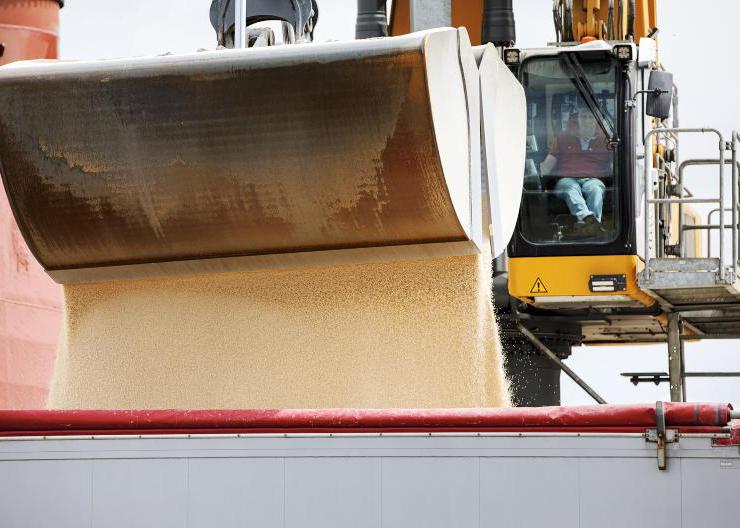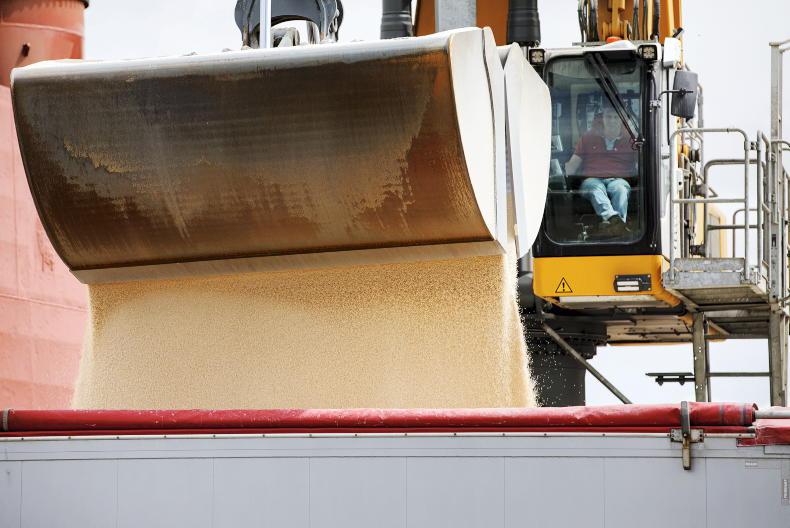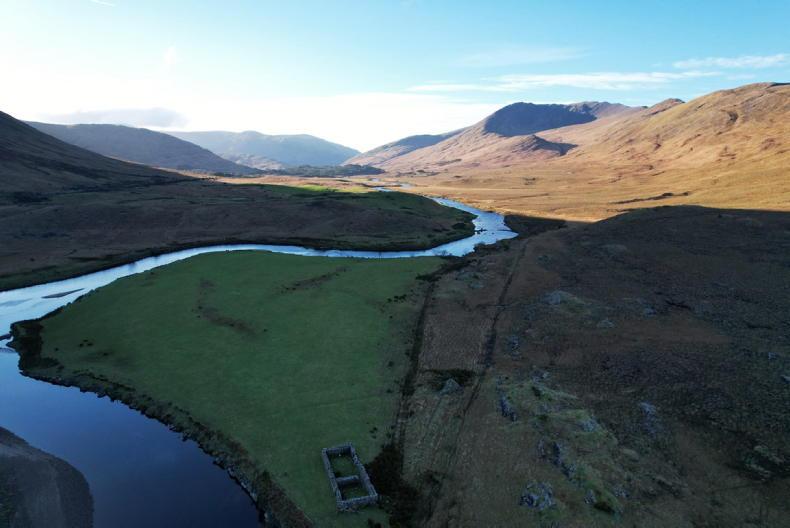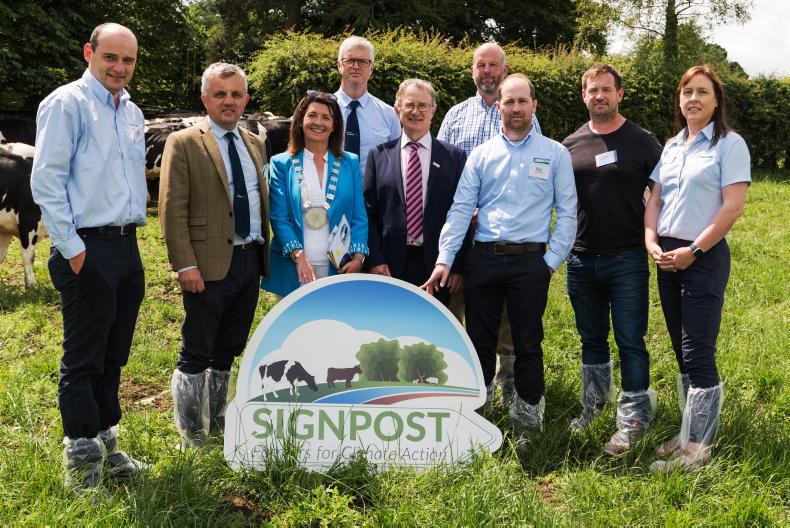A scheme which financially rewards NI farmers for reducing their net greenhouse gas emissions has been proposed by Professor John Gilliland.
In his first lecture as Professor of Practice at Queen’s University Belfast, Gilliland made the case for a system of carbon credits which incentivises farmers to build carbon stores on their farms.
During his address on Tuesday evening, Gilliland drew from his experience on Devenish Nutrition’s demonstration farm in Co Meath and from a research project based on commercial farms across NI, known as ARCZero.
“We, as an industry, shouldn’t be scared of this journey. What we have learned at Dowth, and what I have learned in ARCZero, is this journey has given us an awful lot of new data about these farms that we didn’t know. It has empowered us to be better managers,” he said.
The key concept behind his proposed scheme is to capture carbon from the atmosphere through land management. This could involve increasing organic matter levels in soils, or growing trees and hedgerows.
This process, known as carbon sequestration, can then be used to cancel out greenhouse gas emissions from farming activity, such as methane from livestock or nitrous oxide from fertilisers.
Gilliland proposes that government pays for measuring, reporting, and verifying the carbon sequestration and greenhouse gas emissions on each farm.
He wants every farm to have a “net farm carbon position” set for each year, which is effectively a budget for how the farm will get to net zero emissions by 2050.
For example, a farm with 500t of annual carbon emissions will have to cut this by 18t every year until 2050.
If this farm goes beyond 18t in a year, then the excess carbon credits can be sold to other farmers. Likewise, if this farmer is below target, then they can purchase credits from another farmer who is ahead of schedule.
“Some farms will never reach net zero. Some farms will surpass it. We need to create a scheme which energises where farmers are going so we get the sector to net zero,” Gilliland said.
“It gives time for the industry to change, but it also incentivises some farmers to go further and, if they can, there will be a market for their carbon,” he added.
Other sectors
If the entire agriculture sector is surpassing its targets, then carbon credits could be sold to other parts of the economy, such as transport or manufacturing.
“We need to look at how we get our own sector’s house in order before we go and help everyone else, otherwise we have a situation where we will continue to get pressure put on output from our farms,” Gilliland suggested.
The former UFU president said a government-backed measurement scheme would give the scheme credibility which would mean higher prices for carbon credits.
He described voluntary carbon credit schemes which are currently available as “the wild west” because these existing initiatives are not properly regulated or verified.
“If we want integrity, we don’t need a thousand different standards. We need one standard that society is confident in and shows agriculture’s train has left the station,” Gilliland concluded.










SHARING OPTIONS